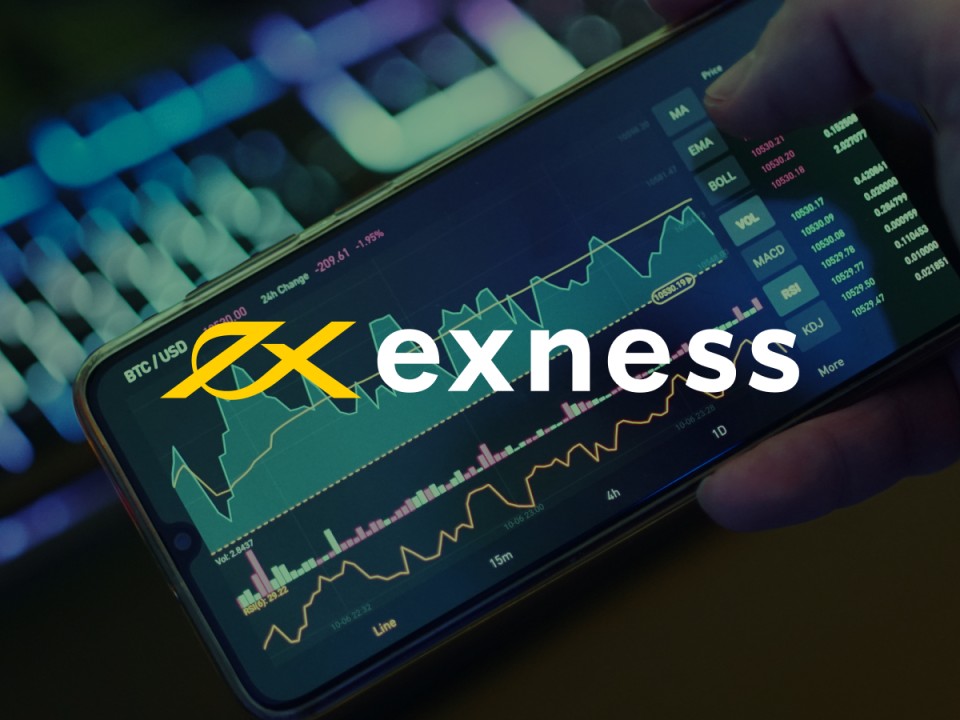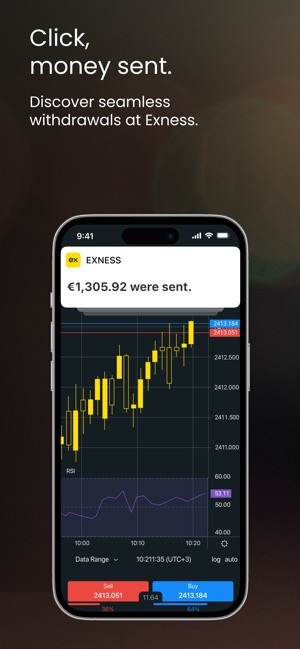
Understanding Competitive Exness Fees
In the world of online trading, understanding the fee structures of brokers is pivotal for maximizing profitability. Exness, a popular forex and CFD broker, has garnered attention for its competitive fees. In this article, we will delve deep into the various types of fees associated with Exness and how they compare with industry standards. For more insights about Exness and its trading platforms, visit Competitive Exness Fees http://www.evimizservices.com/do-you-require-the-exness-download-for-pc-7/.
1. Why Fees Matter in Trading
Every trader seeks to maximize profits, and the fees charged by brokers can significantly influence the net returns on investments. Fees can take many forms, including spreads, commissions, and overnight financing fees. Understanding these fees helps traders budget more accurately and refine their trading strategies accordingly.
2. Types of Fees at Exness
Exness offers a variety of accounts, each with its own fee structure. Here’s a breakdown of the main types of fees:
2.1 Spreads
The spread is the difference between the buy and sell price of a trading instrument. Exness provides tight spreads, especially on its Zero account. This can be particularly advantageous for scalpers and day traders looking to execute multiple trades within a short time frame. The spreads can start from as low as 0.0 pips on certain currency pairs, depending on market conditions.
2.2 Commissions

Some of Exness’s accounts may charge a commission on trades. The commission often varies based on the type of account and the volume of trading. For example, while the Standard account has no commission but wider spreads, the ECN account presents lower spreads alongside commission fees. Traders need to analyze their trading style – whether they prefer low spreads or no commissions – to choose the most cost-effective account type.
2.3 Swap Fees
In overnight trading, positions held are subject to swap rates. Exness provides transparent information about its swap rates, allowing traders to make informed decisions about holding positions overnight. These fees can either be positive or negative, depending on the direction of the position, and can have a profound impact on long-term trading strategies.
2.4 Deposit and Withdrawal Fees
Exness supports various payment methods for deposits and withdrawals, including bank transfers, credit cards, and e-wallet options. Most of these transactions are free, but some methods may incur fees depending on the service provider. It’s important for traders to check these fees beforehand to avoid unexpected costs.
3. Competitiveness of Exness Fees
When comparing Exness fees to industry competitors, it’s essential to consider the whole picture, including spreads, commissions, and overall trading conditions. Many brokers charge higher fees, particularly on less-traded assets or during periods of high volatility. Exness, with its commitment to low fees, aims to provide traders with a more favorable trading environment.
3.1 How Exness Stands Out
One of the most significant advantages of trading with Exness is the scalability of its fee structure. As clients grow and trade larger volumes, they can benefit from reduced costs per trade. Additionally, the availability of a demo account allows potential clients to test the trading environment without any financial commitment, making it easier to identify the most cost-effective trading strategies.
4. Strategies to Minimize Your Fees

Even with competitive fees, traders can implement strategic approaches to minimize overall costs:
4.1 Choose the Right Account Type
Selecting an account type that aligns with your trading style can lead to significant cost savings. For example, a scalper may benefit more from a Zero account with low spreads and commissions, while a long-term trader could find better value in a standard account with no commissions.
4.2 Trade During Off-Peak Hours
Market volatility often leads to wider spreads; therefore, trading during less volatile periods can help secure tighter spreads, thereby reducing trading costs.
4.3 Avoiding Frequent Small Trades
Engaging in too many small trades can accumulate commissions and spreads, which can erode profitability. Instead, focus on fewer trades with higher quality setups.
5. Conclusion
Exness stands out as a competitive broker in terms of trading fees, combining low spreads, reasonable commissions, and transparency in swap fees. As the brokerage landscape continues to evolve, fees will remain a crucial facet of fostering effective trading environments. For traders looking to optimize their strategies, understanding Exness’s fee structure is key to making informed decisions that enhance profitability.
We encourage all prospective traders to evaluate their individual needs and strategies when selecting brokers. With Exness’s competitive fee structures, many traders can find a suitable trading environment to help achieve their financial goals.
